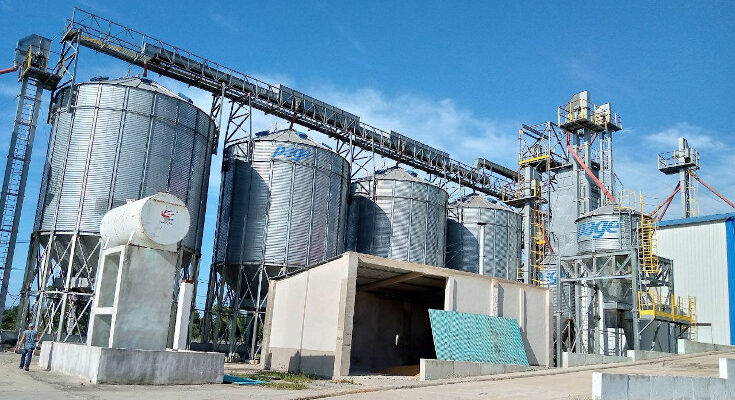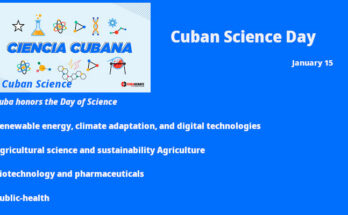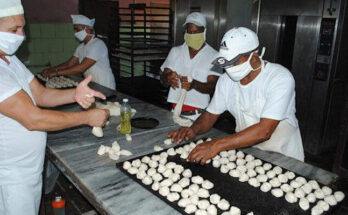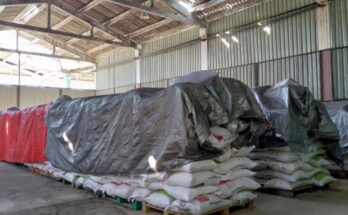The use, protection and conservation of soils is an aspect that farmers take into account in order to obtain quality crops and high yields.
In this sense, various research and the agroecology practices are implemented by the men and women who work the land in the municipality of Contramaestre.
The importance of peanut cultivation associated with cultural work and soil conservation is an example of the relationship that exists today between science and innovation in terms of food production in the territory of Santiago.
According to studies, this plantation yields between 3.0 and 3.5 tons of pods per hectare in this part of eastern Cuba. According to data provided by researchers in this Contramaestrian jurisdiction, an average of approximately 66 tons per year have been achieved.
According to Melisa Salina Rodríguez, a young producer of the territory, this production is valued mainly in our municipality because of the quality of the soils and the textures they have. In most of the cases where these plantations are cultivated, the soils lack phosphates, an aspect that in the countries of first technologies techniques are applied to favor its development and yield.
In the town of Contramaestre – said the farmer – the type of soil that predominates is type 3 except in the town of Laguna Blanca that have quality type 1, then lacking phosphates we must incorporate this element through organic fertilizers and all the cultural work that can be done through agroecology to the deteriorated soils that we have.
For its development and soil conservation, agroecology practices are also implemented. In this regard Salina Rodriguez said, the homemade fertilizers that are made mainly banana peels in water. Solution that helps the peanut plantations. Also the fertilizers on the basis of worm castings incorporated directly to the plantations when it passes to the vegetative phase for the production of the pods that contain the grains. It is also possible to apply one’s own crop waste, compost, and the increase in production can be seen to be considerably increased by five percent.
An alternative that in the current economic context contributes to maintain the protection of soils as well as respond to the stipulations of the law of sovereignty and food security.
Even if we have the possibility of applying some fertilizer, let us always resort to what is more benevolent to our environment. That the use of all these fertilizers and organic fertilizers that favor the formation and natural regeneration of soils is extended. Practice that all peanut producers should implement because as proposed by the Law of Food Sovereignty and Food Security, and Nutritional use of local customs and food practices of all grains and nuts that can be ingested in the diet of human beings.




